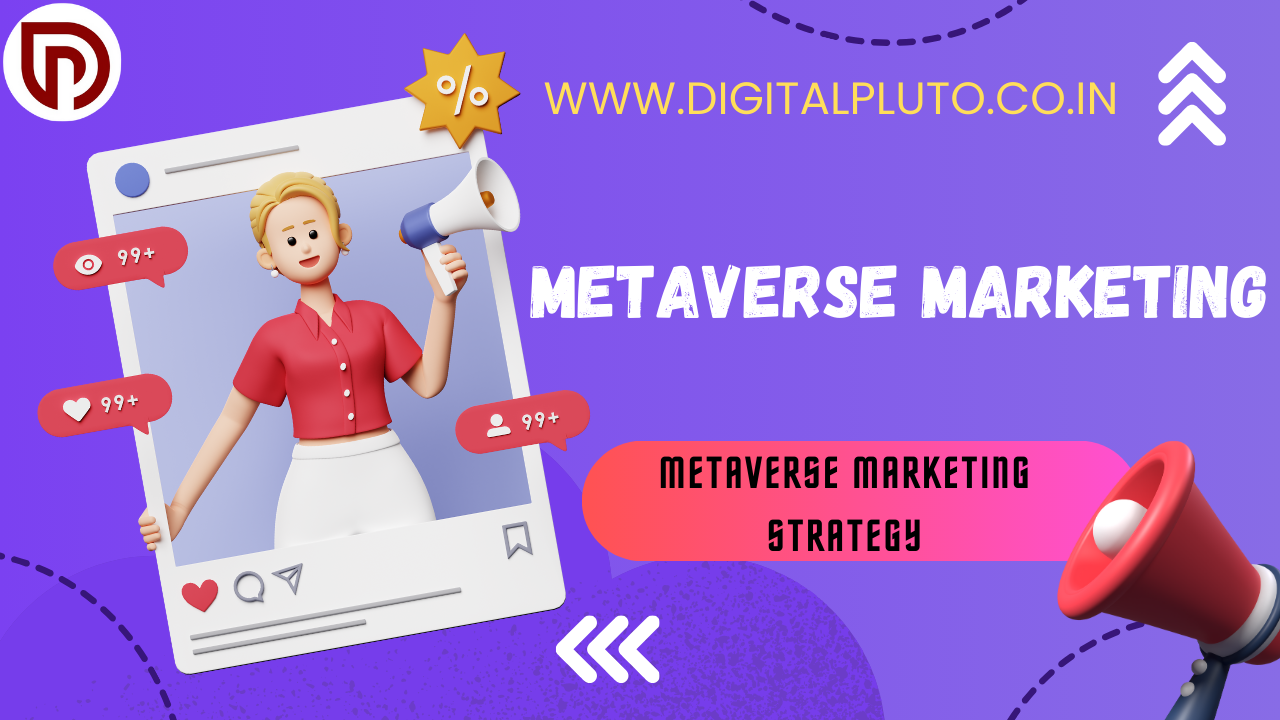Digital Marketing Interview Questions & Answers
One of the most crucial steps in pursuing your desired job is getting a job interview for a digital marketing role. After all, an interview presents a chance to shine in front of the employer and establish yourself as a serious applicant. Practice generic interview questions and more targeted digital marketing interview questions & answers concerning your goals and experience with digital marketing as a way to be ready for your interview.
1) What is digital marketing?
Digital marketing is an umbrella term that covers all online activities companies undertake to promote their products and services. These activities are carried out using various digital methods and platforms, including websites, search engines, social media platforms, and emails. The basic purpose is to reach potential customers, increase awareness about the product or service, and generate leads for sales or business growth. The digital approach is cost-effective, measurable, and delivers results in today’s world, where our lives revolve around digital devices.And its very important in digital marketing interview questions & answers.
Some of the latest trends and technologies in the digital marketing landscape include:
- Voice search optimization
- Hyper-targeting
- Video marketing
- Influencer marketing
- Virtual reality and augmented reality
- Social commerce
- Use of AI and machine learning in process automation and data analysis
2) Understanding PPC, CPM, CPC, and CTR
PPC (Pay-Per-Click) is an online advertising model where advertisers can buy traffic to their websites rather than earning it organically through search engines. Each time your advertisement is clicked, you pay a certain amount to the platform that advertises your link for the chosen keywords.
On the other hand, CPM (Cost-Per-Mille) and CPC (Cost-Per-Click) are pricing models:
- CPM: The cost you pay for every 1,000 impressions of your ad shown on a platform. This is preferred when you want to increase the visibility of your brand through banner ads, leaderboards, etc.
- CPC: The cost you actually pay when your ad link is clicked. This is preferred when you want potential customers to reach your website or resource.
CTR (Click-Through Rate) is the measure of how many people who saw your ad actually clicked on it to visit your website or resource. It is calculated as a percentage; for example, if 20 people out of 1,000 clicked on your ad, your CTR would be 2%. The higher the CTR, the more compelling the ad.
3) The Importance of SEO
SEO (search engine optimization) is the practice of optimizing your website to make it more appealing to search engine algorithms and users so that it ranks higher in search results for the targeted keywords. The basic purpose is to increase the relevant organic traffic to the website by using a compelling title and page description and creating relevant and engaging content that naturally targets the right keywords.
Some key elements of a search engine-optimized website include:
- On-page optimization through optimized meta tags, URL structure, and relevant content
- Technical SEO by optimizing website speed, mobile-friendliness, and proper redirects
- Improving the overall user experience on the website
4) The Power of Content Marketing in Digital Marketing Interview Questions & Answers
Content is a very important weapon in the arsenal of any digital marketing professional. Instead of just talking about your product or service, you create interesting and informative content that can attract and engage your desired audience. The purpose is to gain their trust, establish your brand, and develop a long-term relationship with them so that when they are ready to buy, they come to you.
The content can be in the form of blog posts, videos, infographics, ebooks, PDFs, or social media posts. Creating good content regularly helps you build brand awareness, generate leads, foster long-term relationships with your target audience, and improve your search engine rankings.
Content repurposing is the practice of taking existing content and developing it in different formats, such as using excerpts as social media quotes or compiling related blog posts into an ebook. This saves you from the trouble of developing fresh content every time and makes the most of your existing content.
5) Remarketing vs. Retargeting
Although often used interchangeably, remarketing and retargeting have the same goal of increasing sales, but they differ in their approaches.
- Remarketing: This is about re-engaging your existing customers to get new sales, either through ads or emails. For example, when Amazon reminds you about a product you bought months ago, thinking it might be finished by now, that’s remarketing.
- Retargeting: This is when someone visits your website, subscribes to your newsletter, or checks out a product on your website or social media but doesn’t make a purchase. You try to re-engage them by showing your ads on the websites and platforms they visit, essentially trying to turn a not-yet-customer into a customer.
6) Digital Marketing Tools in Digital Marketing Interview Questions & Answers
There are various types of tools used in digital marketing, including:
- SEO tools
- Content marketing and creation tools
- Social media marketing tools
- Web analytics tools
- Marketing automation tools
- Email marketing tools
Some popular web analytics tools available in the market today are Google Analytics, Kissmetrics, Adobe Analytics, Open Web Analytics, HubSpot, and Ahrefs.
7) The Power of SEMrush
SEMrush is a tool used by digital marketers to promote their business online. It helps them research and target the right keywords to increase their visibility on SERPs (Search Engine Result Pages). It also helps them analyze backlinks, see what their competitors are doing, and conduct a website audit to find any problems that might be slowing down its performance or affecting its reach.
8) Understanding KPIs in Digital Marketing
KPIs (Key Performance Indicators) are measurable values that tell us about the results of the efforts put in by the digital marketing team. They also indicate what’s going right and what needs improvement. Some common KPIs used by the digital marketing team include:
- Page views
- Click-through rate
- Time on page
- Returning visitors vs. new visitors
- Conversion rate
- Bounce rate
- Cost per action (lead, download, registration, etc.)
- Web traffic sources
Ultimately, in business, everything boils down to revenue, so these KPIs help measure the success of the digital marketing efforts.\
CONCLUSION
Remember, digital marketing is a constantly evolving field, so it’s important to stay up-to-date with the latest trends and technologies to excel in your interviews and career. Good luck!
FAQ: Digital Marketing Interview Questions & Answers
| Question | Answer |
|---|---|
| What is the difference between remarketing and retargeting? | Remarketing is about re-engaging your existing customers to get new sales, while retargeting is about re-engaging people who have visited your website or interacted with your brand but haven’t made a purchase yet. |
| What are the common KPIs used in digital marketing? | Some common KPIs include page views, click-through rate, time on page, returning vs. new visitors, conversion rate, bounce rate, cost per action, and web traffic sources. |
| How does content repurposing work? | Content repurposing involves taking existing content and developing it in different formats, such as using excerpts as social media quotes or compiling related blog posts into an ebook. This saves time and makes the most of your existing content. |
Follow https://www.digitalpluto.co.in/ for the latest updates about digital marketing.





